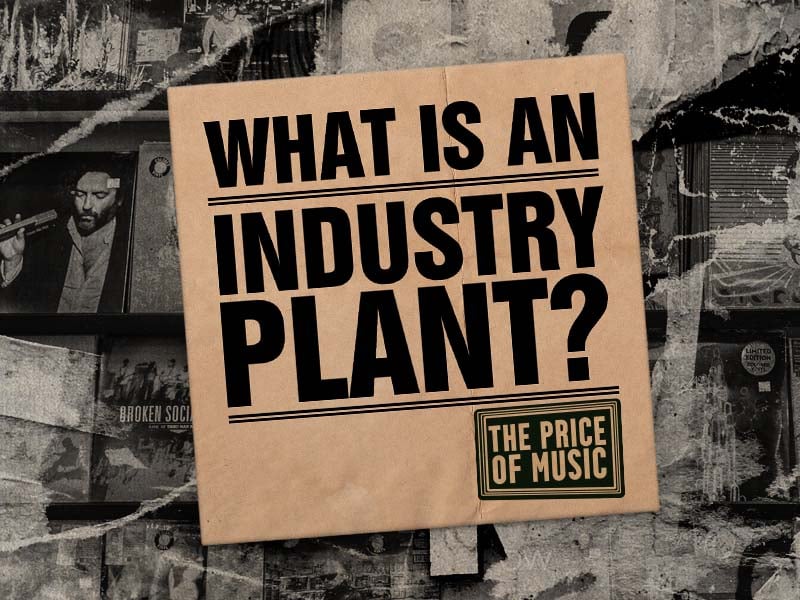
In the vast landscape of the music industry, a curious phenomenon lurks in the shadows, shrouded in mystery and speculation: the enigmatic figure known as the “industry plant.” This term, often whispered in hushed tones among fans and industry insiders alike, refers to an artist who is purportedly manufactured or artificially propelled into the spotlight by record labels or other industry entities, rather than rising to fame through genuine talent and grassroots support.
The concept of the industry plant has sparked fervent debate and controversy within the music community. Some view it as a cynical manipulation of artistry, a deceptive tactic employed by profit-driven corporations to deceive audiences and manipulate trends. Others argue that it’s simply a natural evolution of the music business, where marketing and branding play an increasingly pivotal role in an artist’s success.
So, what exactly is an industry plant, and how does one distinguish between an authentic artist and a manufactured product of the music industry? At its core, an industry plant is typically characterized by a rapid rise to prominence, seemingly out of nowhere, often accompanied by a meticulously crafted image and marketing strategy. These artists may lack the grassroots following or organic fanbase that typically accompanies genuine talent, relying instead on the backing of powerful industry figures to propel them into the spotlight.
However, it’s important to note that not every artist who receives industry support should be classified as an industry plant. Many talented musicians receive backing from labels or management teams to help navigate the complexities of the industry and reach a wider audience. The key distinction lies in the authenticity of the artist’s journey and the degree of transparency surrounding their rise to fame.
In recent years, the rise of social media and digital streaming platforms has fueled speculation and conspiracy theories surrounding industry plants. With the ability to artificially inflate streaming numbers and manipulate online engagement, some believe that record labels are increasingly resorting to underhanded tactics to manufacture overnight success. However, others argue that these platforms have democratized the music industry, providing independent artists with unprecedented access to global audiences and leveling the playing field in the process.
Ultimately, the debate surrounding industry plants speaks to larger issues within the music industry, including the commodification of art, the influence of corporate interests, and the blurred lines between authenticity and artifice. While the concept may continue to provoke heated discussion and controversy, it ultimately underscores the importance of supporting genuine talent and independent voices in an industry increasingly dominated by commercial interests.
Conclusion
In an era where perception often outweighs reality, discerning the true authenticity of an artist can be a daunting task. However, by remaining vigilant and critically evaluating the narratives presented to us, we can strive to uphold the integrity of the music we love and ensure that genuine talent continues to shine through the noise of industry manipulation. After all, in a world inundated with manufactured facades, there’s nothing more powerful than the raw, unfiltered authenticity of true artistic expression.